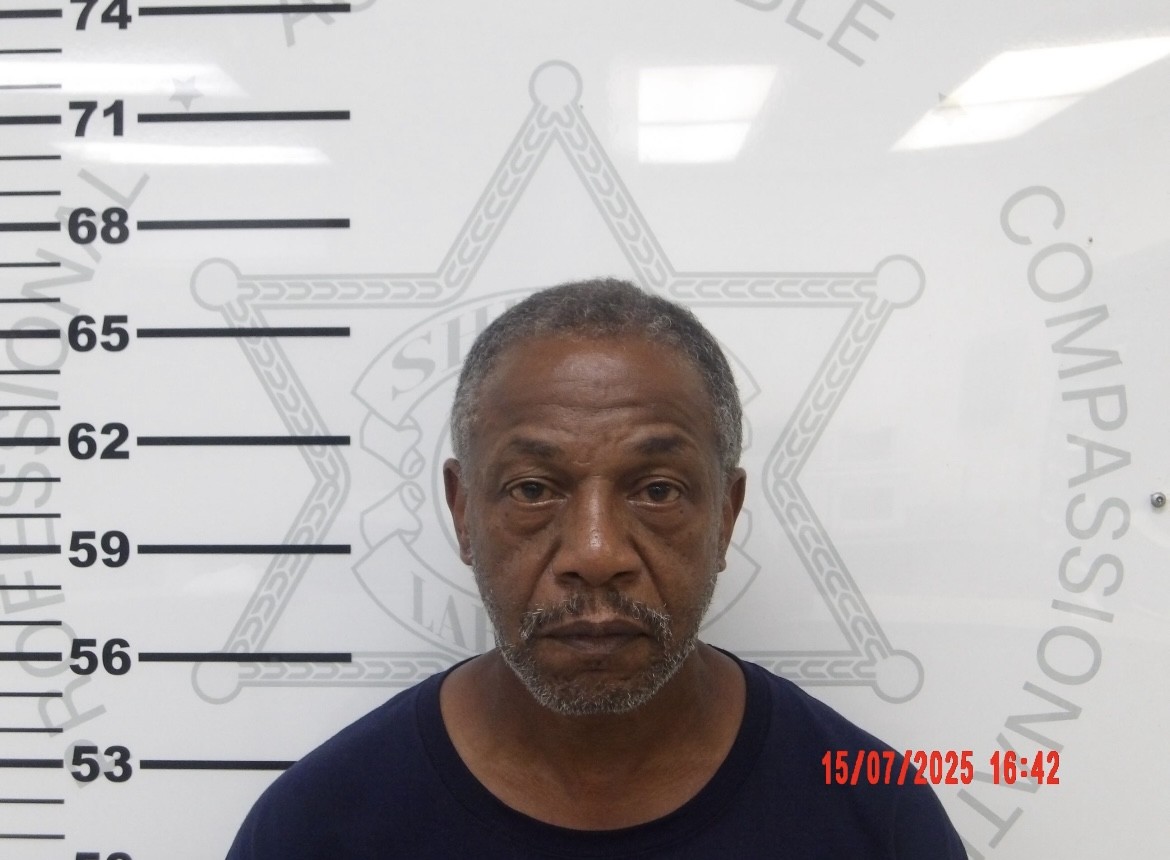Getting literate, before it’s too late
Published 7:21 pm Wednesday, April 19, 2017

- Joe Rogers
It may be time to broaden my literary horizons.
Much of my reading has long involved heroes who specialize in pummeling, shooting, arresting or, depending on gender, banging various other characters.
In my defense, much of it was chosen for ease of comprehension when riding a train to work seated among a representative sampling of life’s yahoos. Believe me, the setting is not conducive to concentration on great works of philosophy or art history.
Trending
But since that part of my life is behind me now it seems advisable to at least add to the mix some works that could be considered more edifying.
The question is: What?
There’s no shortage of possibilities. Despite having read a fair number of books over the decades, there are great (and embarrassing) gaps in my catalog.
Among them: “The Great Gatsby,” “To Kill a Mockingbird,” “Gone With the Wind,” “The Grapes of Wrath.” Not to mention assorted Russian, French and British masterpieces.
I’m very strong on some authors, like Conan Doyle and P.G. Wodehouse, the creators of Sherlock Holmes and Bertie Wooster, respectively.
I’m totally shut out on some others: Steinbeck. Dostoevsky. The Brontes.
Trending
Keep in mind, I’m not looking now for merely a good read. I’m looking for the kinds of books that a reasonably educated person should not have to fake his knowledge of. (“Les Misérables”: Involves a baked good, right?)
Or to rely on having seen the movie. (Most memorable aspect of “Fahrenheit 451”: Julie Christie.)
“The Lifetime Reading Plan,” by the writer and editor Clifton Fadiman, suggests “more than 100 classics of Western literature and thought.” It starts with guys like Homer and Plato and works its way up to the 20th Century.
Which is all well and good, maybe, but starting rather late on any lifetime reading plan of my own, I can’t help wondering if it needs to skip over some of that Greek and Roman stuff and cut to the chase, as it were.
But would that start with Shakespeare? I’ve read a couple of plays and a smattering of sonnets. Does that count as sufficient familiarity?
For that matter, is my status as an informed citizen of these United States questionable without having read The Federalist Papers? (I can, thanks to “Schoolhouse Rock,” sing the Preamble to the Constitution.)
And what about my Mississippi bona fides? I’ve read two Faulkner books and a short story. Does John Grisham provide extra credit – or count off?
Maybe I should just start with the 19th Century, and cherry-pick the best of the best. “War and Peace”? “Moby-Dick”?
I gather they’re pretty long.
Fortunately, another option exists, at least for fiction. Among the random collection of paperbacks in my house is one called “Plot Outlines of 100 Famous Novels.” It starts with “Pride and Prejudice” (which I’ve actually read) and ends with “Story of Gosta Berling” (which I’ve never even heard of).
Each treatment runs about three to five pages. That seems ideal, because my narrow focus for the past years seems to have rather shortened my attention span.
And if somebody’s not maimed or dead within, oh, 10 pages or so, my mind tends to wander.
Joe Rogers worked for The Clarion-Ledger, The Tennessean and The New York Times. He can be reached at jrogink@gmail.com or on Twitter @jrogink.






